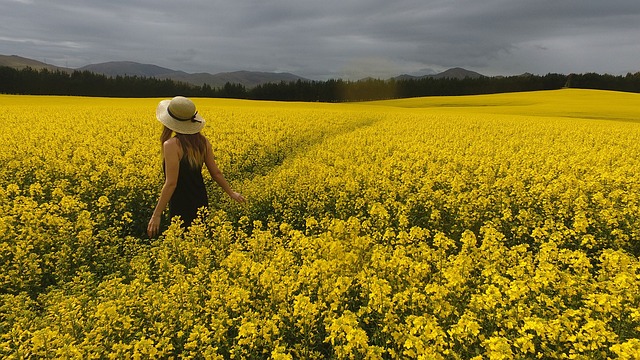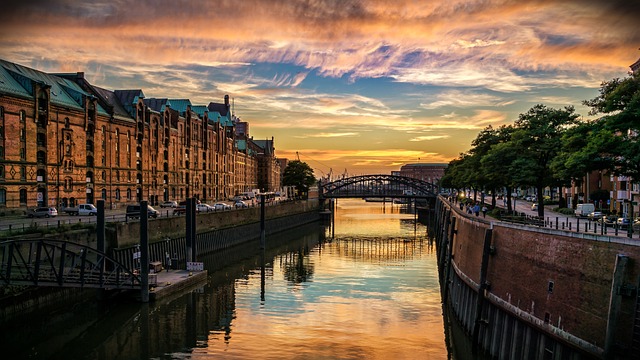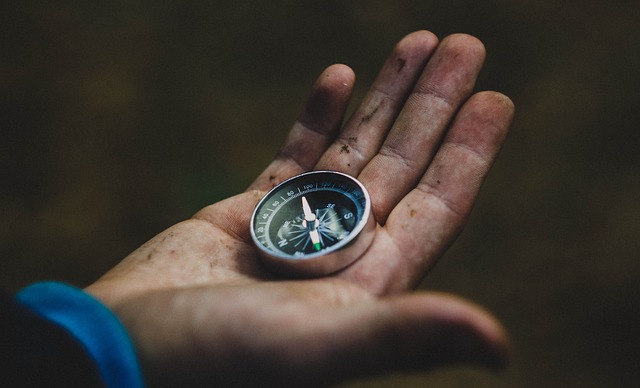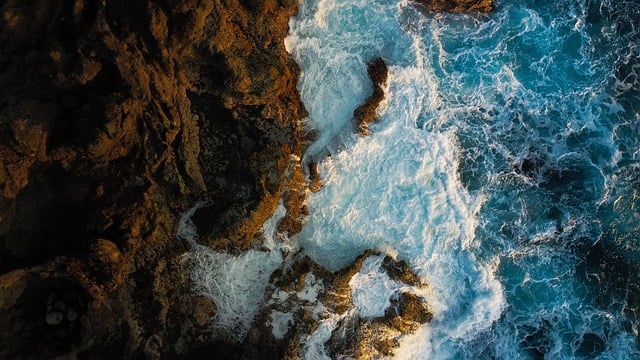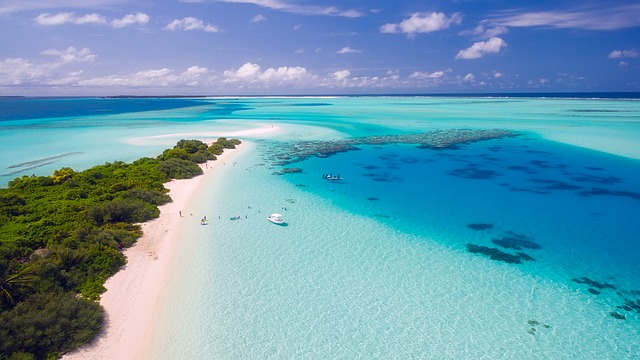Exploring the World’s Oldest Living Cultures: Indigenous Communities, Traditions, and Oral Histories
Dreamexch24, PlayinexchLogin: Indigenous communities around the world preserve their rich cultures and traditions, passed down through generations. These communities often possess unique languages, customs, and ways of life that are deeply intertwined with the land they inhabit.
Despite facing challenges such as environmental degradation and cultural assimilation, many indigenous communities continue to thrive and assert their rights to self-determination. Through collective action and advocacy, they strive to protect their territories and preserve their distinct identities for future generations.
Indigenous communities have a strong connection to the land and natural resources
Many indigenous cultures place a high value on communal living and sharing resources
Traditional knowledge and practices are passed down orally from elders to younger generations
Indigenous communities often face discrimination and marginalization in society
Efforts are being made to revitalize indigenous languages and promote cultural heritage preservation
Traditional Beliefs and Practices
Indigenous communities around the world have rich histories filled with unique traditional beliefs and practices. These customs often center around a deep connection to the land, spirituality, and ancestry. Whether it’s through rituals, ceremonies, or daily habits, these beliefs are deeply ingrained in the fabric of these communities.
Traditional healers and shamans play a vital role in maintaining these customs, passing down knowledge through generations and serving as mediators between the physical and spiritual realms. Their practices often involve herbal medicine, spiritual ceremonies, and invoking the guidance of ancestors and nature spirits. These traditions not only provide healing and guidance but also serve to strengthen the cultural identity and resilience of these indigenous communities.
Oral Histories and Storytelling
Many Indigenous communities around the world maintain and pass down their histories through the art of storytelling. These oral traditions have been a fundamental aspect of their cultures for generations, with stories serving as a means to impart valuable knowledge, convey spiritual beliefs, and preserve important cultural practices. Through these narratives, passed on from elders to younger generations, a deep connection to the past is maintained, allowing individuals to understand their roots and heritage.
The act of storytelling is not merely a form of entertainment in Indigenous communities; it is a powerful tool for education and cultural preservation. The stories shared often hold moral lessons, convey wisdom, and provide insights into how to navigate life’s challenges. By listening to these tales, community members not only learn about their own history but also develop a sense of identity and belonging within their tribe or group. Storytelling fosters a sense of unity and shared experience among Indigenous peoples, creating a collective consciousness that binds individuals together.
What are some traditional beliefs and practices of Indigenous communities?
Indigenous communities often have beliefs and practices that are deeply rooted in their cultural heritage, including a strong connection to the land, a belief in the power of storytelling, and a respect for elders and ancestors.
How do oral histories and storytelling play a role in Indigenous cultures?
Oral histories and storytelling are integral to Indigenous cultures as they pass down knowledge, traditions, and values from one generation to the next. They serve as a way to preserve history, strengthen community bonds, and teach important lessons.
What are some examples of oral histories in Indigenous communities?
Examples of oral histories in Indigenous communities include creation stories, legends of ancestral heroes, and accounts of historical events passed down through generations. These stories are often shared in traditional ceremonies, gatherings, and rituals.
How do Indigenous communities ensure the preservation of their oral histories?
Indigenous communities use various methods to preserve their oral histories, including storytelling workshops, oral history projects, and the recording of elders sharing their knowledge. These efforts help to ensure that the stories and traditions are passed down to future generations.
Why is it important to respect and honor the oral histories of Indigenous communities?
Respecting and honoring the oral histories of Indigenous communities is essential for preserving their cultural heritage, maintaining their identity, and recognizing the valuable contributions they have made to society. It also helps to foster understanding and respect for different ways of knowing and being.

